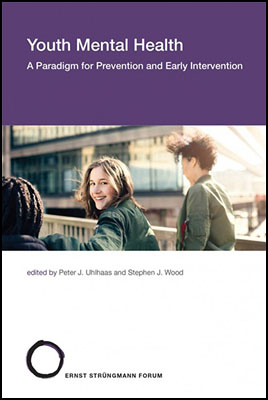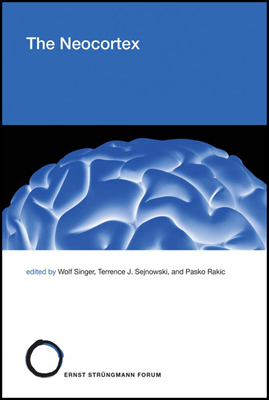Deliberate Ignorance: Choosing Not to Know
March 17–22, 2019
Frankfurt am Main, Germany
Proposed by: Ralph Hertwig and Christoph Engel
Program Advisory Committee
Gordon Brown, Department of Psychology, University of Warwick, U.K.
Christoph Engel, Max Planck Institute for Research on Collective Goods, Bonn, Germany
Simon Gaechter, School of Economics, University of Nottingham, U.K.
Ralph Hertwig, Max Planck Institute for Human Development, Berlin, Germany
Richard McElreath, Max Planck Institute for Evolutionary Anthropology, Leipzig, Germany
Julia Lupp, Ernst Strüngmann Forum, Frankfurt, Germany
Background
Knowledge is valued; knowledge is sought. Western history of thought and literature abounds with examples. Yet our very ability to generate and disseminate knowledge also creates the possibility of choosing not to know.
Consider, for instance, individuals at risk of Huntington disease: Nearly everyone with the defective gene who lives long enough will develop this devastating condition, yet only 3–25% of those at high risk opt to take a near-perfect test to identify whether they are carriers of the gene (Creighton et al. 2003; Yaniv and Sagi 2004). Is this intentional ignorance individually rational because no treatment is available? Do at-risk individuals fear that the knowledge of having the defective gene will ruin their healthy years? Would they be better advised to take the test because a negative result could liberate them from existential anxieties, whereas a positive result would allow them to make meaningful preparations for the illness during their healthy years?
Consider also individual and collective decisions to obtain or forgo knowledge about others’ past behaviors that were (from today’s perspective) morally offensive or even criminal. After Reunification, for example, the German government granted individuals access to files left by the communist East Germany’s secret police, the Stasi. Many of those entitled to view their records decided they did not want to know who had spied on them, whereas others declared that they did not read their files because they expected to find that they had been betrayed by people close to them. Meier (2010) has argued that many societies in transformation opt to “forget” (or deliberately not to find out about) and not prosecute past perpetrators (beyond the past regime’s top echelon), in an effort to break a vicious circle of revenge and retribution (see also Rieff 2016).
The law sometimes mandates deliberate ignorance, as in the way it regulates access to information about past criminal convictions is regulated. In German courts, a defendant’s criminal record is routinely read out at the beginning of court procedure. In the United States, however, such a reading conflicts with Rule 404 of the Federal Rules of Evidence, designed to ensure that a jury’ s view of a defendant is not prejudiciously biased. Similarly, to avoid age discrimination, it is common practice in some countries not to disclose one’s age when applying for a job, and for employers not to ask for this information. Further manifestations of deliberate ignorance, as well as references to experimental studies, are delineated by Hertwig and Engel (2016).
To date, however, science has focused primarily on the generation, acquisition, and dissemination of knowledge. Little attention has been paid to the wish not to know, the desire not to search for information and knowledge, and the preference for uncertainty over certainty, for ambiguity over clarity.
This Forum will examine the epistemic choice of deliberate ignorance; identify and model the motivational, cognitive, and affective processes that underlie deliberate ignorance; and discuss the normative implications and institutional responses. It offers a unique opportunity for a joint examination of the underpinnings, rationality, and ethics of deliberate ignorance, as well as its sociocultural and institutional implications. Four topics—predictive genetic testing; truth and reconciliation in society; selection processes to counteract stereotypes/bias; and negotiations—will be prepared as starting points for examination by the working groups.
This Forum is supported by the Deutsche Forschungsgemeinschaft
The German Research Foundation

Top of page

